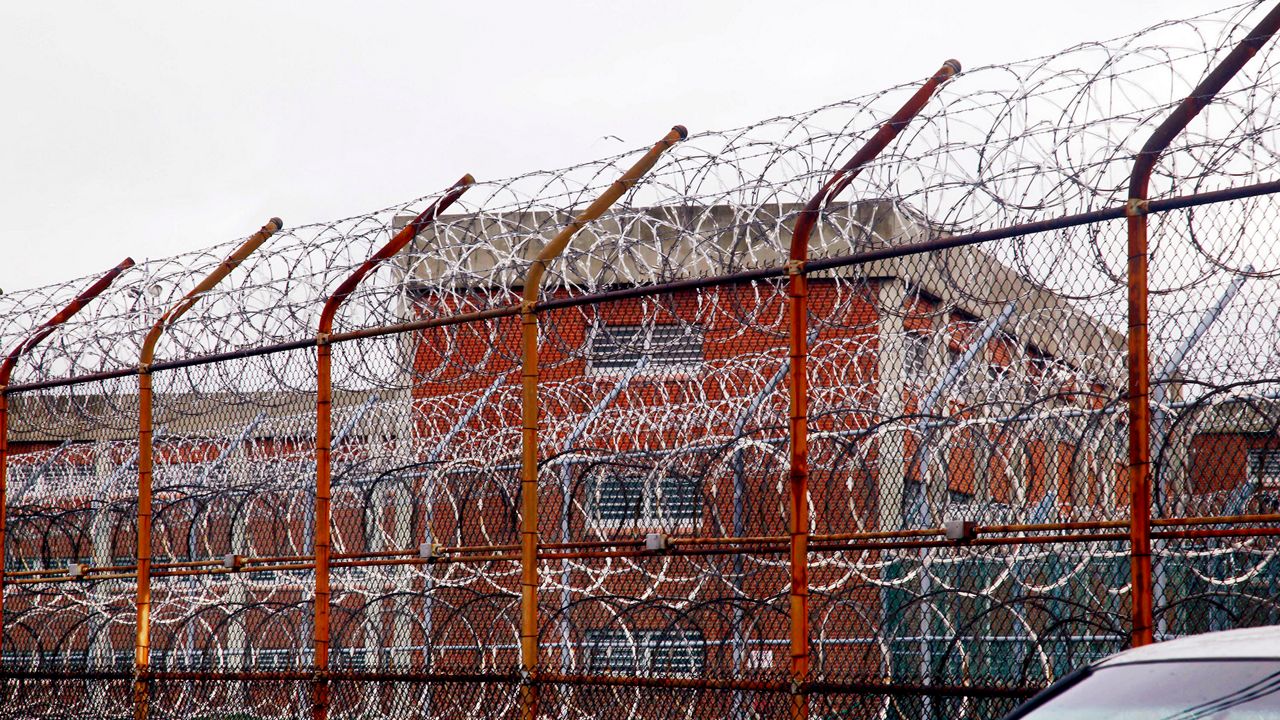Lock them up — that's what judges working for the state Department of Corrections and Community Supervision say they are being told by their supervisors.
"It's like parolees are being warehoused in Rikers Island," said an administrative law judge who does not want to be identified because of fears of retaliation.
The judge is one of several who preside over hearings of people accused of parole violations. The judge said they are being forced by the chief judge on Rikers to re-incarcerate people who have committed technical violations of their conditions for parole.
Infractions that don't involve criminal behavior — such as failing to meet with a parole officer, violating a curfew, or being around a felon — are resulting in parolees being sent back to jail.
The judge who spoke with NY1 claimed their bosses will even make them rescind a decision that allows a person to go free. They said their power was being stripped away.
"In order for a parolee to receive the full benefit of due process under the constitution, it is critical that an administrative law judge in this setting be able to use their own discretion and have complete independence," the judge said.
The Department of Corrections and Community Supervision told us it vehemently disagrees with this characterization of the claims.
"This appears to be a disgruntled employee who disagrees with the new guidance that was issued to ALJs [administrative law judges] to align their decisions within the appropriate procedures, regulations and laws," spokesperson Thomas Mailey said in a statement.
But Vincent Schiraldi, the co-director of the Columbia University Justice Lab, says he's disturbed by what he's hearing from the administrative judges. The Justice Lab says it found re-incarceration of parolees on Rikers for technical violations has jumped.
"People are going into a back room and changing that decision and always changing it for incarceration and never changes the other way," Schiraldi said. "That is a very serious allegation."
This judge says some parolees break down in tears when they are re-incarcerated for minor violations or their release dates are postponed for reconsideration.
"That parolee would come back with bruise marks on their face and obviously in a much more depressed state. And that's because Rikers Island is a very tough place to be," the judge added.
Criminal Justice Advocates and Public Defenders have asked the state attorney general and inspector general to investigate.



